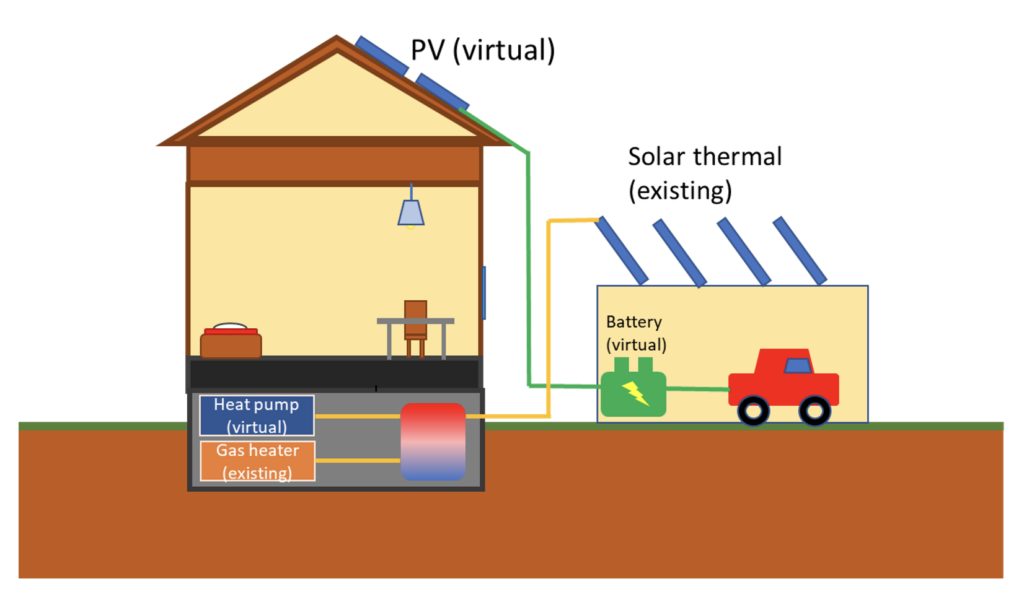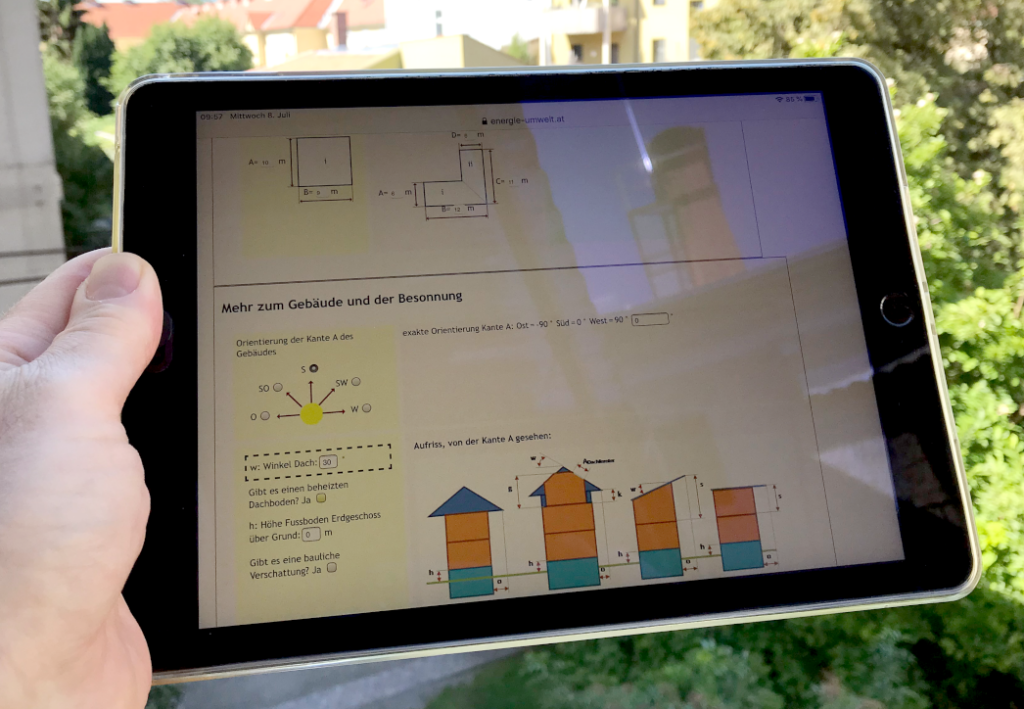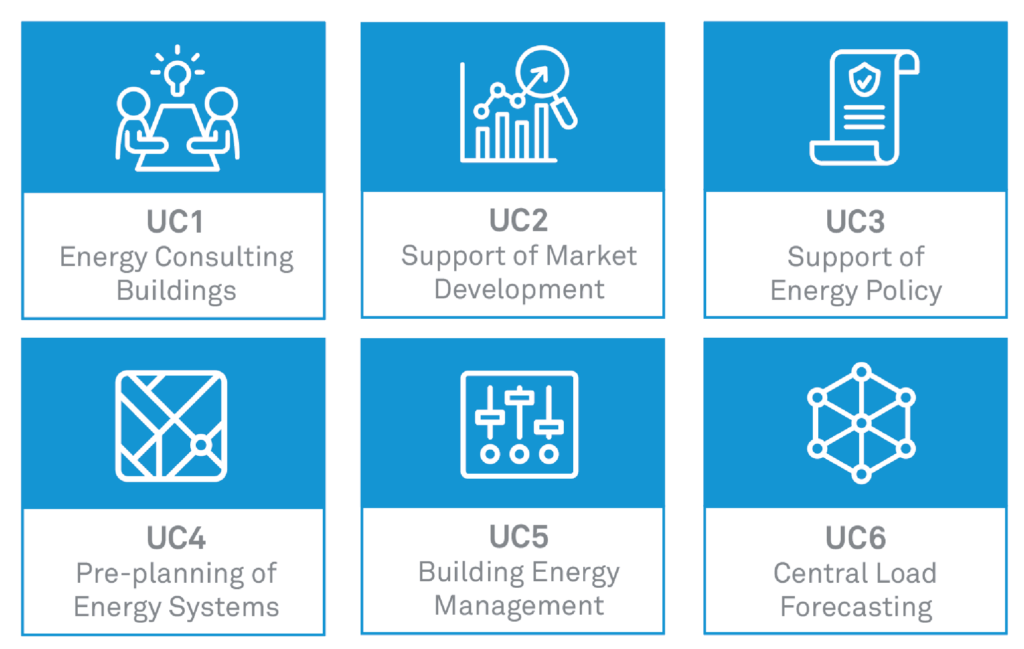Description
The project investigates all usage scenarios for data resulting from the EPC process, either for policy support, planning or operation of smart energy systems. The digital twin is a virtual representation of the building, mainly consisting of an electrical analogion of the thermal behavior of the building, allowing simulation and model predictive control MPC of the buildings and the connected energy network (district heating, power grid).
EPC quality will be increasing, if generated data is used for other real-world problems. Therefore, EPC data for Digital Twin should be accesible and usable.
Project objectives & goals
EPC4SES aims at exploiting data previously acquired as input data for calculating energy performance of buildings for optimizing design and operation of smart network/grids. By improving planning tools – pushing their quality – fundamental transformation of the energy system shall be eased. For this first set of applications based on EPC building and GIS data, stakeholders for regional energy plans shall be addressed and one 1D simulation tool shall be defined, allowing improved regional energy plans profiting from digital representations of buildings. Specific objectives of the tool are:
Help to reduce CO2 impacts of increasing market penetration of air conditioning and heat pumps when developing electric mobility.
- Support decarbonizing local energy supply to buildings, planning incentives for (deep) renovation and shift towards renewable based waste heat-based district heating and district cooling.

In the area of the second type of applications, three systems shall be specified and validated via test implementations targeting conventional and innovative thermal networks and smart grids with load managements of heat pumps. Implementation pilots (Salzburg/Vienna Austria, Berlin Germany and Seville Spain) shall co-develop together with stakeholders, defining business models and implementing suitable IT-technologies for:

- Smart power grid with demand responsive control of decentral heat pumps.
- Smart district heating system, with central storage capability.
- Smart district cooling system, having distributed energy conversion modules.
Process approach
The project EPC4SES combines approaches from energy research, control engineering and social sciences, including the. research of:
- Socio-economic aspects of smart energy systems.
- Cybernetic system dynamics and operational research.
- Biological approaches for energy management.
The project claims that using data from the exercise when issuing Energy Performance Certificates EPC may be re-used for active regional sector-spanning decarbonisation. Planning and predictive control tools will be pushed to a new level by adding building information via digital twins, thus infusing renewable energy into networks and grids.
The EPC register formar varies between EU Member States, but is converging into a database approach (BPiE, 2014). EPC4SES adds value to that progress making the collected data available to regional energy planning shifting to renewable energy and optimisation of netwrok/grid control saving energy.
Use cases
EPC4SES developes applications for Model Predictive Control as research prototypes in four pilots. Six use cases going beyond that and supporting decarbonisation were developed. By clicking on the following link you will be able to rank your preferences: Use cases ranking
